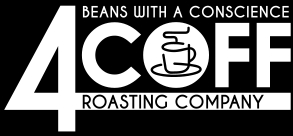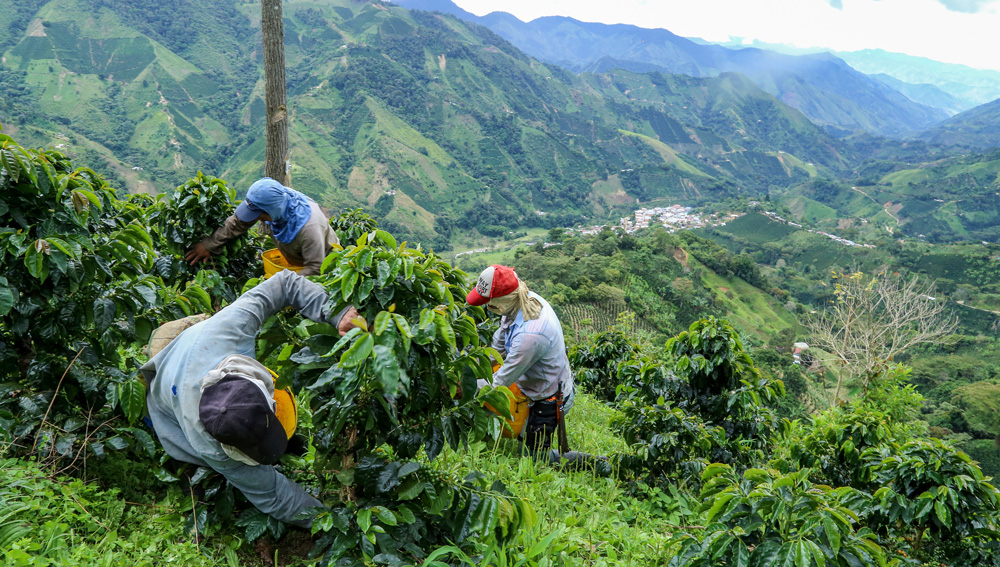Direct Trade and Fair Trade

Coffee is one of the most popular hot beverages globally, with millions of people around the world consuming at least a cup every day. However, as much as coffee is enjoyed, some issues in the coffee industry have raised concerns about the ethical and social impact of the coffee trade. In response to these concerns, alternative coffee trading methods have emerged, including direct trade and fair trade. While both methods aim to achieve ethical and sustainable coffee trade, they are different in several ways.
Direct trade is a coffee sourcing practice where coffee roasters and farmers communicate and make deals directly. In this system, the roaster establishes a direct relationship with the coffee farmer, visits the farm, and seeks to understand the intricate aspects of coffee production. The roaster then buys the coffee directly from the farmer, paying higher prices than commodity purchasing. This method seeks to ensure that farmers receive fair payment for their work and enables coffee roasters to access high-quality coffee beans that are traceable to the source.
On the other hand, fair trade coffee is a certification system that aims to ensure that farmers are paid a fair price for their coffee. Typically, third-party certifying organizations monitor fair trade coffee, and the certification is given to coffee that meets certain environmental, social, and economic standards. Fair trade coffee is sold at a minimum price, set to provide farmers with a stable income to cover production costs and invest in their communities. Fair trade premiums are also paid to support development projects in coffee-growing regions.
The key difference between direct trade and fair trade coffee lies in the type of relationship between the coffee roaster and the farmer. Direct trade aims to build deeper relationships and partnerships based on mutual trust, while fair trade relies on certification systems and regulations to provide fair trading practices. In direct trade, farmers have control over their pricing, and there is transparency in the supply chain. However, there is no third party regulating the system, which can lead to issues of trust and fair pricing.
The system is more regulated in fair trade, providing farmers with a stable income and better livelihood opportunities. The certification also guarantees that certain environmental and social standards have been met. However, there is less emphasis on building deeper relationships between farmers and roasters, which could lead to a lack of transparency in the supply chain.
In conclusion, direct trade and fair trade are two different methods of ensuring ethical and sustainable coffee trade. While direct trade emphasizes building deeper relationships between coffee roasters and farmers, fair trade uses certification systems to provide fair trading practices. Ultimately, both systems seek to empower coffee farmers and improve their livelihoods while promoting sustainable coffee production. It is essential for coffee drinkers to understand the differences and make informed choices to support ethical coffee trade practices.

